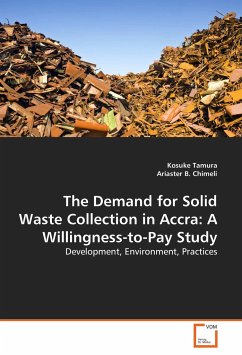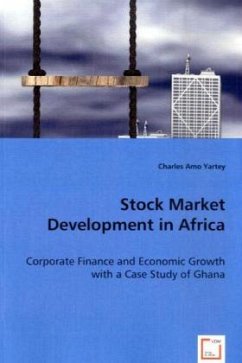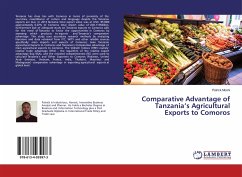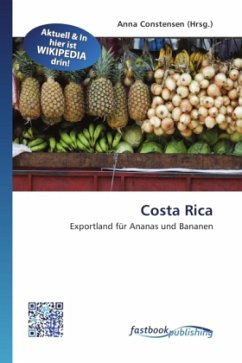
Pineapple Exports from Ghana to Europe
Industry Sustainability and Prospects for an Organic Market
Versandkostenfrei!
Versandfertig in 6-10 Tagen
32,99 €
inkl. MwSt.

PAYBACK Punkte
16 °P sammeln!
At the start of the 1980s, the export volume and value of pineapples from Ghana was negligible. In two decades, such was the turnaround in the fortunes of the pineapple export industry that the fruit is now the leading agricultural non-traditional export earner for the nation. Nonetheless, the continued success of this export industry cannot be presumed. Comprising a significant proportion of producers for the European pineapple market (the main export destination) are small-scale pineapple producers. The survival of this group is in question as changes being introduced across the trading chan...
At the start of the 1980s, the export volume and value of pineapples from Ghana was negligible. In two decades, such was the turnaround in the fortunes of the pineapple export industry that the fruit is now the leading agricultural non-traditional export earner for the nation. Nonetheless, the continued success of this export industry cannot be presumed. Comprising a significant proportion of producers for the European pineapple market (the main export destination) are small-scale pineapple producers. The survival of this group is in question as changes being introduced across the trading channel are increasingly jeopardising the ability of the group to compete on world markets. To examine this question, the strengths and hurdles present within the conventional and potential organic pineapple industry in Ghana, in addition to the prospects and challenges originating outside of the nation, are analysed. This work provides a foundation for an assessment into future policy directives aimed at improving the Ghanaian pineapple industry. As well, all who are interested in the expansion of this industry should find this evaluation informative.












